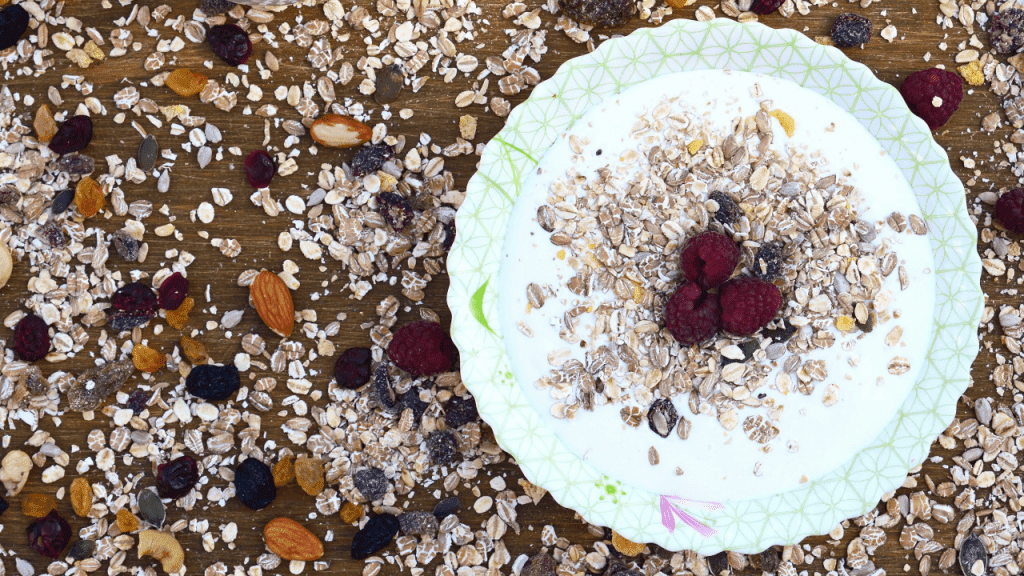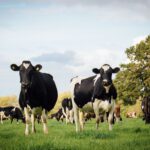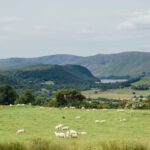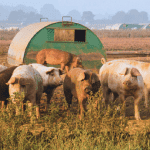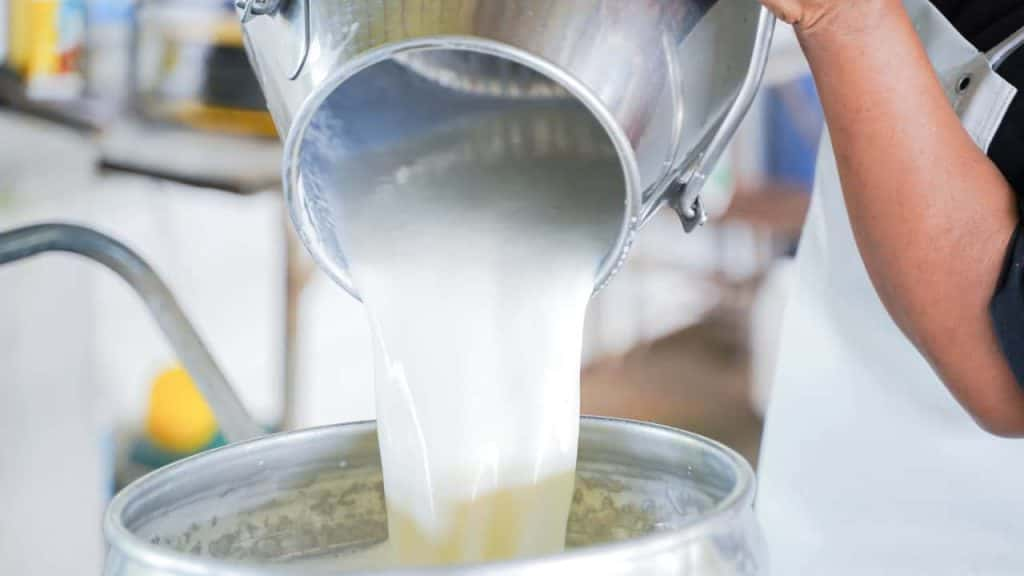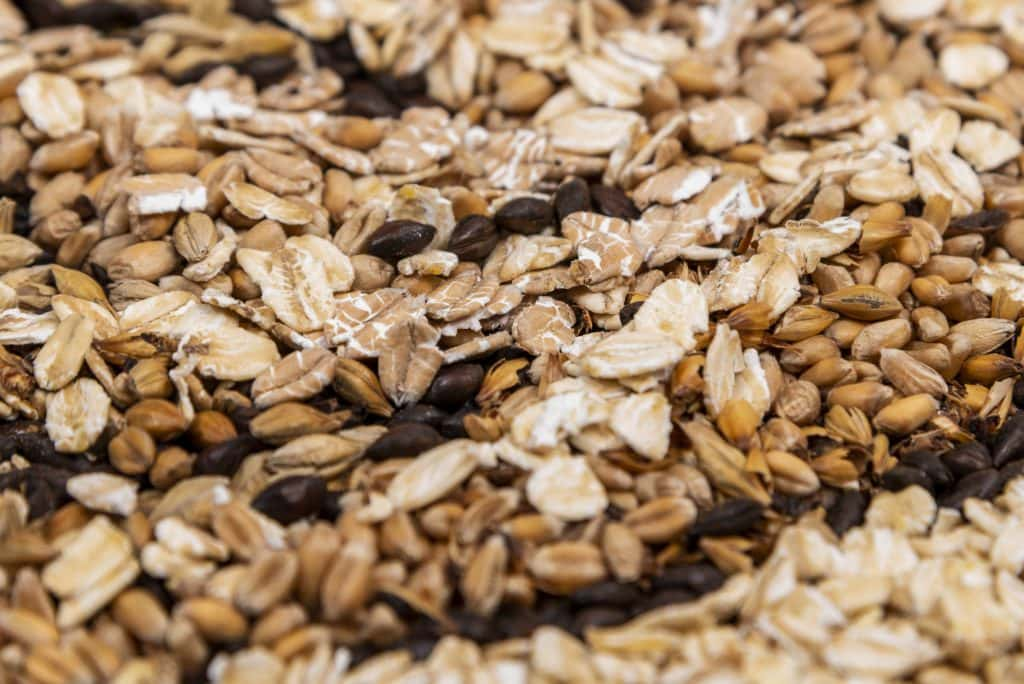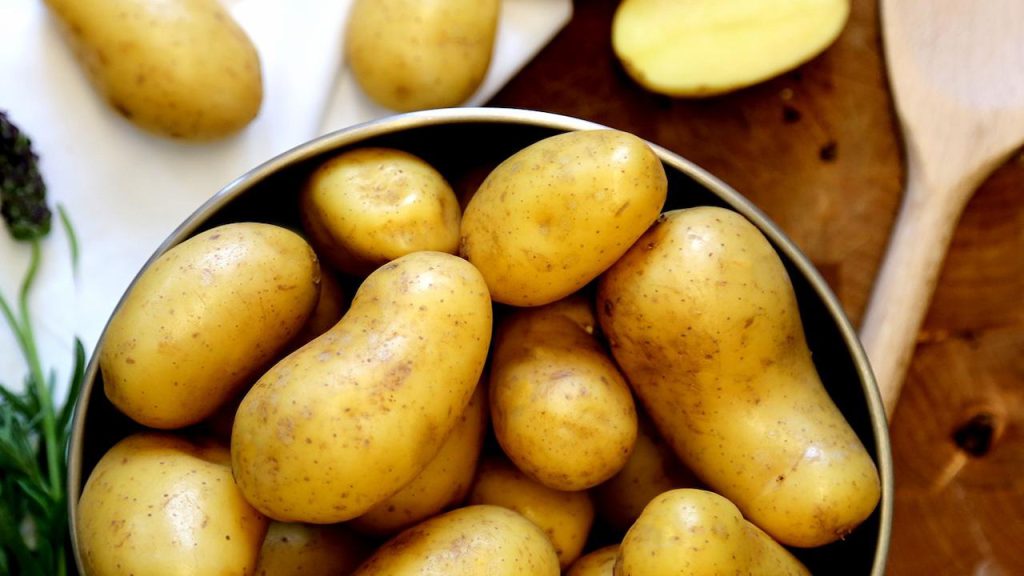Well-balanced vegan diets can provide the nutrients the body needs to be healthy. However, animal-derived foods contribute to intakes of vitamin B12, iron and zinc in our UK diet. So, if they are avoided it’s important to ensure that these nutrients are provided by other dietary sources, such as supplements or fortified foods. We need more research on the potential long-term effects of a vegan diet on health in larger population groups.
Well-planned vegan diets can be nutritious and healthy, but it is also possible to follow a vegan diet badly. Environmentally speaking, while studies such as Poore and Nemecek 2018 support that an increasingly vegan world would have significant environmental benefits, several factors have not been considered.
- Livestock produce much more than just food, from medicines and cosmetics to glue and waterproofing agents, they are in a huge number of products. Consideration hasn’t been taken on the impact of these production processes or the impact of animal-free replacements.
- Land and water are different across the world, so while livestock require large quantities in comparison with plant-based foods, they are often being used for their ideal purpose. For example, over 60% of UK farmland can’t viably sustain crops and we get a large amount of rainfall. Optimal food production from these available resources involves livestock. Whereas alternatives, particularly those produced abroad could be relying on processed/tap water and bio-sensitive land.
- The carbon footprint of food is limiting, it fails to include waste, travel and packaging. It is also calculated by weight, not reflecting portion size or most importantly nutrient value.
- Livestock also utilise much of our food production and processing waste, food we’ve taken the time and resources to produce but have no human value. Things like cereal crops waste, oils processing waste, spent grain from brewing and vegetable peelings and pods. Food waste would inevitably increase without livestock farming.
- Finally, agriculture has always been a fine dance between livestock and crop production – they are intrinsically linked. Little knowledge or research is in place to understand the impact 100% crop farming would have on the environment.
